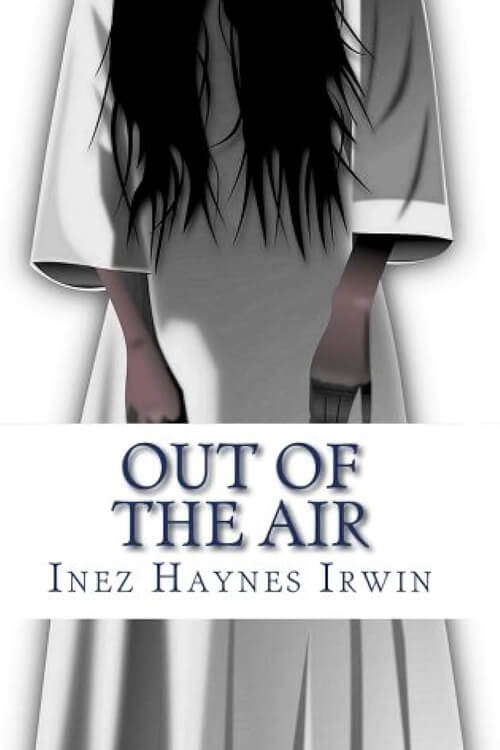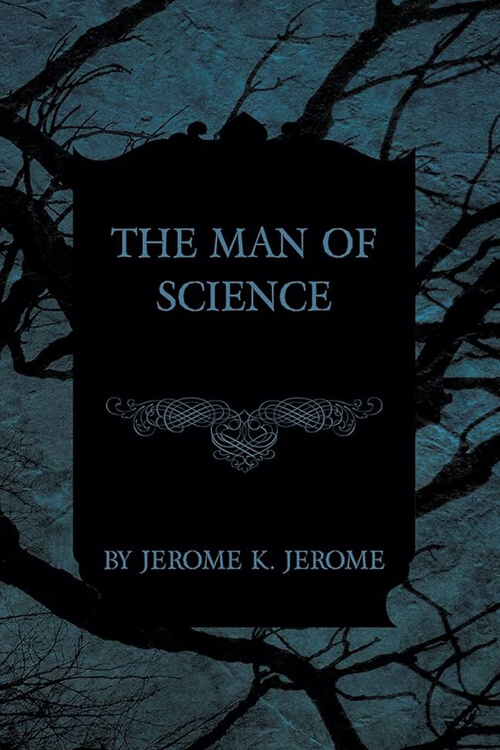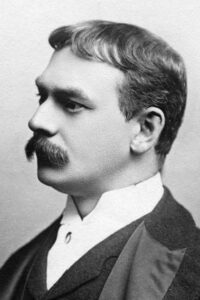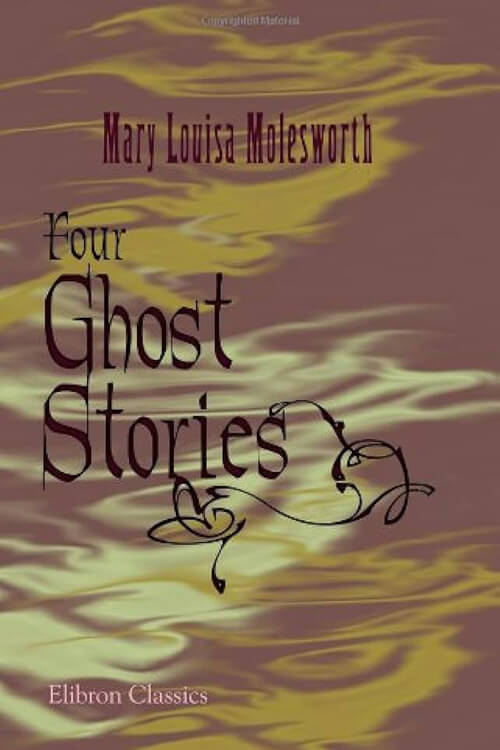
The Man of Science
I met a man in the Strand one day that I knew very well, as I thought, though I had not seen him for years. We walked together to Charing Cross, and there we shook hands and parted. The next morning, I spoke of this meeting to a mutual friend, and then I learned, for the first time, that the man had died six months before.
The natural inference was that I had mistaken one man for another, an error that, not having a good memory for faces, I frequently fall into. What was remarkable about the matter, however, was that throughout our walk I had conversed with the man under the impression that he was that other dead man, and, whether by coincidence or not, his replies had never once suggested to me my mistake.
As soon as I finished, Jephson, who had been listening very thoughtfully, asked me if I believed in spiritualism “to its fullest extent.”
“That is rather a large question,” I answered. “What do you mean by ‘spiritualism to its fullest extent’?”
“Well, do you believe that the spirits of the dead have not only the power of revisiting this earth at their will, but that, when here, they have the power of action, or rather, of exciting to action? Let me put a definite case. A spiritualist friend of mine, a sensible and by no means imaginative man, once told me that a table, through the medium of which the spirit of a friend had been in the habit of communicating with him, came slowly across the room towards him, of its own accord, one night as he sat alone, and pinioned him against the wall. Now can any of you believe that, or can’t you?”
Read or download Book
Jerome K. Jerome
Jerome Klapka Jerome (2 May 1859 – 14 June 1927) was an English writer and humourist, best known for the comic travelogue Three Men in a Boat (1889). Other works include the essay collections Idle Thoughts of an Idle Fellow (1886) and Second Thoughts of an Idle Fellow; Three Men on the Bummel, a sequel to Three Men in a Boat; and several other novels. Jerome was born in Walsall, England, and, although he was able to attend grammar school, his family suffered from poverty at times, as did he as a young man trying to earn a living in various occupations. In his twenties, he was able to publish some work, and success followed. He married in 1888, and the honeymoon was spent on a boat on the Thames; he published Three Men in a Boat soon afterward. He continued to write fiction, non-fiction, and plays over the next few decades, though never with the same level of success.
Acting career and early literary works
Jerome was inspired by his elder sister Blandina’s love for the theatre, and he decided to try his hand at acting in 1877, under the stage name Harold Crichton. He joined a repertory troupe that produced plays on a shoestring budget, often drawing on the actors’ meager resources – Jerome was penniless at the time – to purchase costumes and props. After three years on the road with no evident success, the 21-year-old Jerome decided that he had had enough of stage life and sought other occupations. He tried to become a journalist, writing essays, satires, and short stories, but most of these were rejected. Over the next few years, he was a school teacher, a packer, and a solicitor’s clerk. Finally, in 1885, he had some success with On the Stage – and Off (1885), a comic memoir of his experiences with the acting troupe, followed by Idle Thoughts of an Idle Fellow (1886), a collection of humorous essays which had previously appeared in the newly founded magazine, Home Chimes, the same magazine that would later serialize Three Men in a Boat.
On 21 June 1888, Jerome married Georgina Elizabeth Henrietta Stanley Marris (“Ettie”), nine days after she divorced her first husband. She had a daughter from her previous five-year marriage nicknamed Elsie (her actual name was also Georgina). The honeymoon took place on the Thames “in a little boat,” a fact that was to have a significant influence on his next and most important work, Three Men in a Boat.
Later career
Jerome sat down to write Three Men in a Boat as soon as the couple returned from their honeymoon. In the novel, his wife is replaced by his longtime friends George Wingrave (George) and Carl Hentschel (Harris). This allowed him to create comic (and non-sentimental) situations that were nonetheless intertwined with the history of the Thames region. The book, published in 1889, became an instant success and has never been out of print. Its popularity was such that the number of registered Thames boats went up fifty percent in the year following its publication, and it contributed significantly to the Thames becoming a tourist attraction. In its first twenty years alone, the book sold over a million copies worldwide. It has been adapted into films, TV, radio shows, stage plays, and even a musical. Its writing style has influenced many humourists and satirists in England and elsewhere.
With the financial security that the sales of the book provided, Jerome was able to dedicate all of his time to writing. He wrote several plays, essays, and novels, but was never able to recapture the success of Three Men in a Boat. In 1892, he was chosen by Robert Barr to edit The Idler (over Rudyard Kipling). The magazine was an illustrated satirical monthly catering to gentlemen (who, following the theme of the publication, appreciated idleness). In 1893, he founded To-Day but had to withdraw from both publications because of financial difficulties and a libel suit.
Jerome’s play Biarritz had a run of two months at the Prince of Wales Theatre between April and June 1896.
In 1898, a short stay in Germany inspired Three Men on the Bummel, the sequel to Three Men in a Boat, reintroducing the same characters in the setting of a foreign bicycle tour. The book was nonetheless unable quite to recapture the sheer comic energy and historic rootedness of its celebrated predecessor (lacking as it does the unifying thread that is the river Thames itself) and it has enjoyed only modest success by comparison. However, some of the individual comic vignettes that make up “Bummel” have been praised as highly as those of “Boat”.






